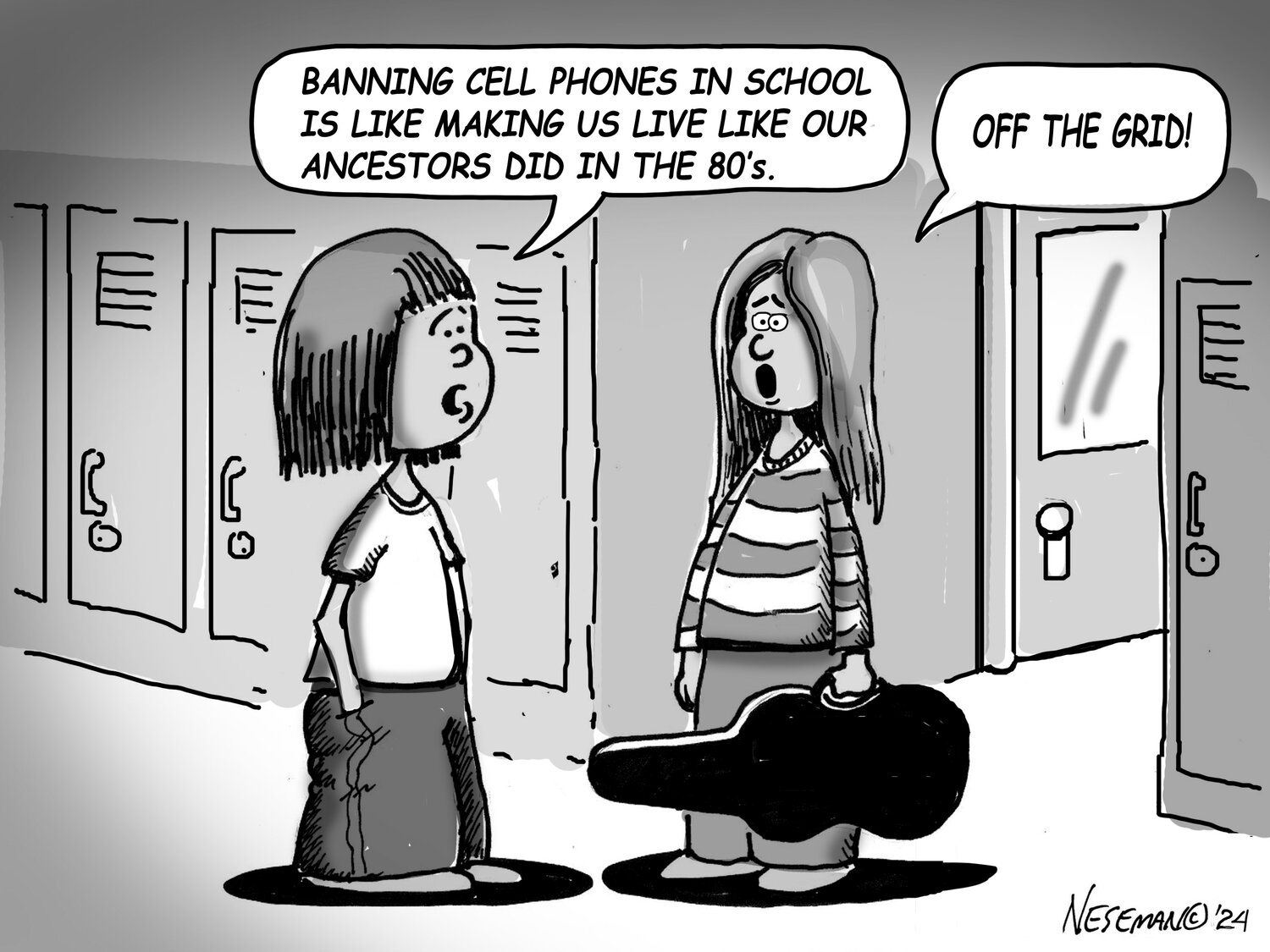The impact of Florida’s book bans on education and students
It would be understandable if you didn’t hear — what with all the noise going on nationally and the forced collapse of civilization going on internationally — but last week was National Banned Books Week, in which we’re meant to celebrate, and hopefully read, books that have historically been targeted for censorship in public areas like, say, school libraries.
Enter Florida.
Over the past few years, Florida’s education department has gathered citizen criticism of an increasing mass of books and tracked which of its school districts have banned which of those books from their libraries.
Now, Florida Gov. Ron DeSantis — whom you might remember from such disastrously awkward presidential campaigns as: earlier this year — will tell you no books in his state have been, or will be banned. He’ll tell you there’s a difference between the state banning a book and a school district, through community complaint and feedback, removing that book from the school library.
There is no such difference.
Removing a book from a school district’s libraries removes discussion of that book, and the themes therein, from that school district’s classrooms.
And removing discussions of certain themes from public-school classrooms often leads to feelings of invalidation, isolation and othering for those students whose lives and identities reflect those themes and situations.
Not for nothing, it also denies those students’ fellows from being allowed to accept and embrace them without being made to feel they’re breaking an unwritten rule by no less an authority than their school district.
And even though, as DeSantis has been quick to point out, students can still go to Amazon — or a physical bookshop, if they can find one — or, presumably, the regular public library, and get access to those books removed and barred from their school libraries, it’s essentially too late at that point.
The authority often most immediate to students, the school system, has unduly stigmatized those books and their themes.
Many of the books Florida has banned from its schools, perhaps not surprisingly, deal with LGBTQ+ issues and matters of race, particularly as relates to American history, which such folks often appear to want to start with George Washington chopping down a cherry tree and jump straight to when Jesus won the Gulf War.
Or something like that.
Scanning the list of books banned in 2023 by Florida school districts, two stood out: People Kill People, a young-adult novel by Ellen Hopkins — “removed” in the Clay school district — and What on Earth in a Pangolin? by Edward Ricciuti, removed from the Manatee school district.
People Kill People tells the story of six people inexorably headed to deadly violence after one of them acquires a handgun.
It also deals with white supremacy.
Difficult to imagine a novel, meant for older students, that deals unfavorably with gun violence and racism could be seen as detrimental to its intended audience.
Oh, by the way, Clay County is 69 percent white and handguns can be carried concealed in Florida without a permit.
Just saying.
Meanwhile, Ricciuti’s pangolin book is just that, a book about the spiny anteaters found mostly in Africa that are often illegally trafficked for their hides and scales. To date, no news organization has been able to determine why What on Earth is a Pangolin? was banned from Manatee schools.
And that’s the real danger, isn’t it? If all it takes is a handful, or even one, parent or citizen to call a book into question, or lead an effort to get it removed — as has been the case many times in Florida since DeSantis took office — our students are at severe risk of ending up with a limited, myopic, often harmful, view of the world being the only one officially sanctioned in their schools.
Then those kids graduate. And they have only enough knowledge to know what they want to see banned next.






